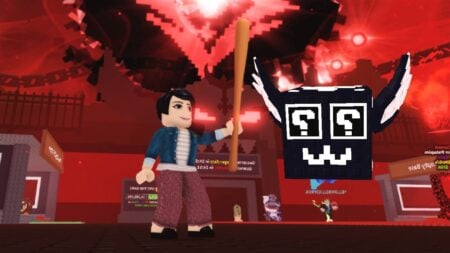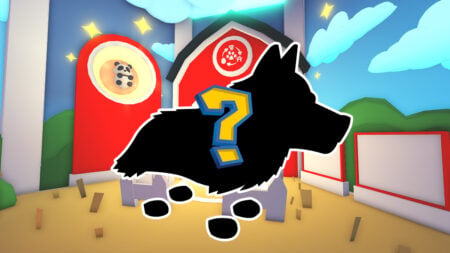By January 1, 2024, video game studios that use Unity will have to pay a developer fee when a game is installed enough to meet a certain threshold. The fee for using the popular game engine will be based on a game passing a revenue threshold in its first year and then a lifetime install threshold. The decision comes from one of the pieces of the software. There is Unity Editor and Unity Runtime. The latter “is code that executes on player devices.”
Unity Introduces Developer Fee After a Game Is Installed

There is Unity Editor and Unity Runtime. The latter “is code that executes on player devices.” The Unity Runtime Fee was created as each game installed has this piece of software attached. The company stated this “allows creators to keep the ongoing financial gains from player engagement.”
Unity introduced its developer fee today, with details of how much money it will cost developers. The thresholds for using Unity Personal and Unity Plus are $200,000 within a year and 200,000 lifetime installs. For Unity Pro and Enterprise, it is for studios that made $1 million or more in a year and have 1 million lifetime installs. The prices for Personal and Plus will be $0.20 per install and will turn to $0.02 when it reaches over the threshold. Pro will be $0.15 for 1-100,000 installs, $0.075 per for 100,001-500,000 installs, $0.03 for 500,001-1,000,000 installs, and $0.02 for 1,000,001+ installs. The charge goes down to $0.01 after the threshold. Enterprise prices will be $0.125 for 1-100,000 installs, $0.06 for 100,001-500,000 installs, $0.02 for 500,001-1,000,000 installs, and over 1,000,001 will cost $0.01. Going over the threshold will cost $0.005 per install.
For studios that currently use Unity, some things will be considered or changed before the developer fee arrives. Games that have already been released will have to comply with fees starting January 1. The Plus subscription will be eliminated. Subscribers will have a choice to upgrade to Pro at the same price as Plus for a year.
The decision is already being met with criticism from developers. Indie dev Rami Ismail took to social media to break down why the idea initially “sounds reasonable, until you spend 2 seconds thinking about it.” What he called “an absolutely terrible idea” could hurt studios on numerous fronts. His list of ways it could be a threat to developers, especially as most studios that use Unity are smaller than those using more advanced engines, can see huge fees from “subscription services, charity bundles, piracy, being f2p/going f2p, malicious installs, giveaways,” and “a mass install campaign.” The final one was based on people who review bomb games can now flood installs that will deliver massive charges to the studio.







